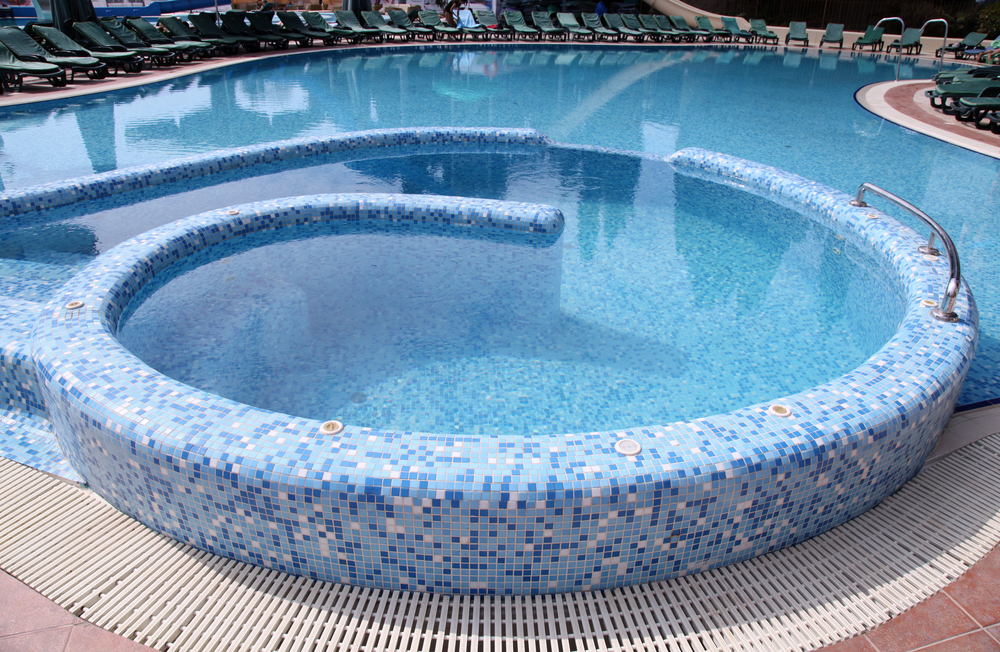Swimming pools require upkeep, maintenance and eventually repairs. Does your pool need repairs? When we pay a service visit we can — and usually do — perform equipment inspections and can let you know whether we see a potential issue ahead and can help you prepare for the repair or replacement.
Knowing the useful life of your equipment and keeping it maintained and in good working order will go a long way in not having to have items replaced often, but after a while, things wear out and it just might cost less to replace than to continue repairing.
What are some pool projects to prepare for?
- Resurfacing a concrete pool
- Having to repair or replace your vinyl pool liner.
- Replacing or repairing or upgrading pool equipment to more energy-efficient models. The upfront cost of an energy-efficient piece of equipment will save you money over the life of your pool.
- Repairing pool accessories
- Getting the fiberglass pool acid washed because it’s gotten discolored
- Upgrading or replacing the landscaping around the pool.
- Repairing or resurfacing the pool deck
- Ensuring the pool fencing and safety covers are doing their jobs
Swimming repairs require the expertise of a swimming pool contractor in many cases unless you’re highly skilled do it yourselfer.
Understanding what will be involved in a pool repair or equipment replacement helps make an informed decision and to begin budgeting for the project.
Does your pool need repairs?
- The swimming pool pump is the heart of the pool because it circulates all the water in the pool — and turns it over — daily and it’s a big task and means the pump is running almost continuously. If the pool pump’s PSI (pounds per square inch) levels falls your pool contractor may recommend a repair or replacement because this means the pump is working harder than it has to and is costing you more than it should.
- Before you jump into a pool pump replacement, make certain your pool contractor has inspected the lines and hoses to assure they aren’t simply clogged as that could impact the PSI.
- Pool safety features — are they working as well as they need to? Safety features include the pool cover, the fence, and pool alarms, a self-locking pool fence or a motion-activated CCTV system. Your pool contractor will tell you to NEVER disable a swimming pool safety feature but instead call a pool contractor immediately if you notice any issues with any pool safety feature.
- The pool heater. Is it working as well as it should?
- Does your automatic pool cover still retract and close smoothly? These are questions your pool contractor can answer for you and help you formulate a plan for the repair or replacement of non-working or non-functioning pieces of equipment.
Is it more cost effective to repair or replace?
Talk with us and we can let you know whether you’re throwing good money after bad or if the cost of a repair makes sense. In some cases, a repair will give you time to budget for the replacement. The age and condition of the equipment and the cost of repair should help you make your decision. Remember that replacing old, non-energy efficient equipment with energy efficient equipment will cost more upfront, but the money you save and the return on your investment will help the equipment “pay for itself.” For example, replacing a single-speed pool pump with a variable-speed pool pump offers an ROI that more than pays for the equipment.


